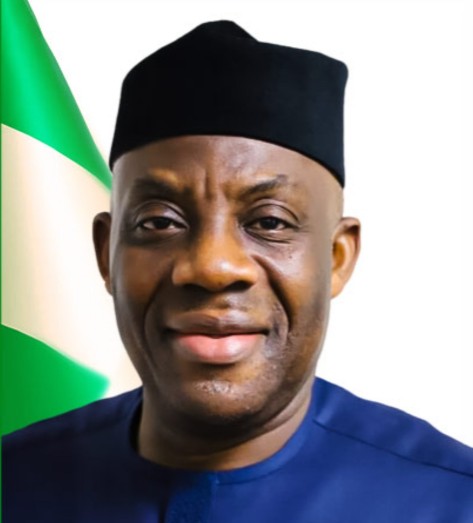The Federal Government has unveiled the National Policy on Non-State Schools in Nigeria, targeted at regulating and coordinating private, faith-based, home, and community schools and their teachers to meet certain standards.
The Punch reports that the policy launched on Wednesday in Abuja, by the Minister of Education, Dr. Tunji Alausa, stipulates guidelines for non-state schools, including standards for infrastructure, teacher quality and curriculum.
Also affected by the policy are religious/missionary, tutorial/adult literacy centres, and voluntary/charity schools.
The policy was supported by the British High Commission and the Partnership for Learning for All in Nigeria.
According to the education minister, the policy became expedient owing to the rapid expansion of primary and junior secondary non-state schools across the country.
According to data cited by the minister, the number of non-state schools increased by about 39 per cent between 2017 and 2022.
In contrast, government-owned primary and junior secondary schools grew by 3.5 per cent and 6.3 per cent, respectively, during the same period.
Alausa said, “Driven by factors such as Nigeria’s growing population and limited public education infrastructure, these schools (NSNs) have come to play a critical role in delivering education nationwide. This role is expected to grow exponentially, despite ongoing challenges such as inconsistent quality in education delivery.
“The newly launched policy sets out clear guidelines for non-state schools, including standards for infrastructure, teacher quality, and curriculum delivery. It also provides a robust framework for collaboration between non-state schools and the government, ensuring we can work together to achieve our shared educational goals.”
With the policy, the Federal Government also aims to collect and manage data of NSNs, as well as collaborate with them to improve their quality, foster growth and ensure they are safe and secure in line with the National School Safety Policy.
Harping on the role non-state schools play in expanding access to education, he described the new policy as part of the broader National Education Sector Renewal Initiative, which prioritises education as a driver of national development.
The minister particularly recognised that the non-state schools also contribute to reducing the number of out-of-school children in the country.
To this end, Alausa stated that the FG would support all NSNs with vouchers for each out-of-school child enrolled.
Alausa said, “Additionally, in line with our commitment to reducing the number of out-of-school children, we will support all NSNs with vouchers for each OOSC child enrolled.
“Under this administration, no child will be left behind. We are committed to ensuring that every child, whether in public or non-state schools, has access to quality education regardless of their background or location.”
Speaking further, he rallied state governments and relevant stakeholders to ensure implementation of the policy.
“As I’ve consistently emphasised, the government cannot — and should not — do this work alone. I call on all stakeholders to support the implementation of this policy and to work collaboratively toward a future where every Nigerian child receives the education and skills they need to reach their full potential,” Alausa said.
In his remarks, the Senior Education Adviser, British High Commission, Abuja, Ian Attfield, emphasised the importance of fair regulation that supports access to education and strengthens non-state schools.
He affirmed the commitment of the UK government to partnering with Nigeria to develop progressive education policies.














